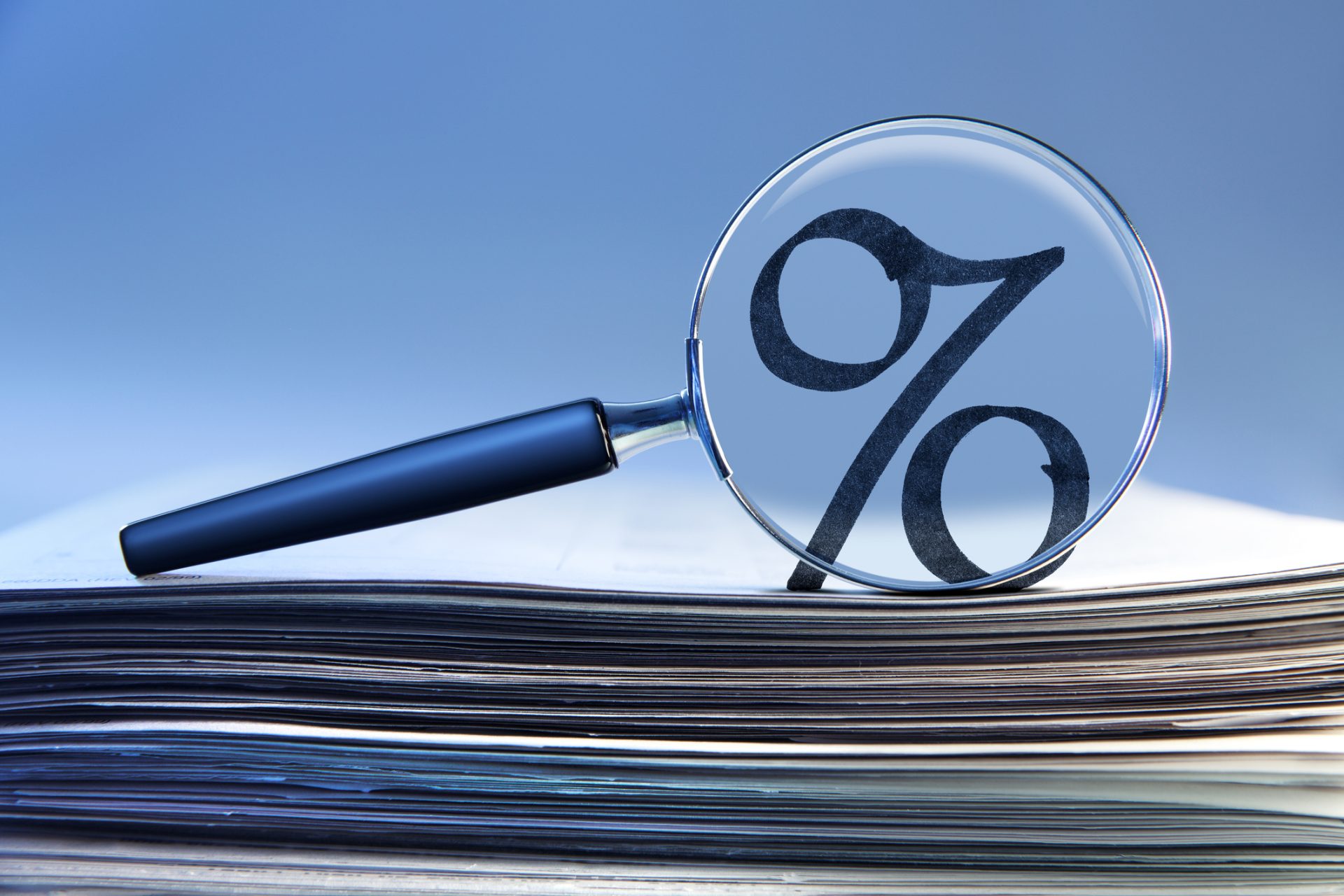Let’s talk about index funds. What are they? Why would you buy one? How do you know if the fund is doing its job?
Index Fund Recipes
I once heard an awful definition of an index fund:
“An index fund is a fund that tracks an index”
Well that doesn’t work — we can’t use the word index in the definition of index funds. To me index funds are professionally-managed baskets of investments (like stocks and bonds) that follow a recipe. Index fund recipes tell the fund manager the proper mix of investments they should hold. If the manager is following the recipe properly, the index fund should taste like (i.e. perform similarly to) the index they are trying to mimic.
Perhaps the most popular basket of stock is the S&P 500 index, whose recipe mixes the top 500 companies in the United States in 11 different sectors. You could try to follow this recipe yourself, but watch out; it’s not as easy as it looks. First, the S&P 500 actually has 505 assets. I guess sometimes us Wall Streeters can’t count.

Second, you’ll confront recipe changes, and the transaction costs involved with buying and selling over 500 assets can get expensive. Buying a single index fund takes the burden away from you and places it upon the professional manager.
- Remember, you can’t buy the S&P 500 Index directly, but you can buy an S&P 500 Index Fund
- Are you buying from a reputable chef with the right recipe for your portfolio?
- How does the chef’s recipe and fees & expenses compare to that other chefs?
What I’ve noticed is that even some of the most popular index funds don’t follow their recipes exactly. Let’s consider the Vanguard Total Stock Market Fund, which tracks the CRSP US Total Stock Market Index. As of 11/31/2021, the recipe for this index calls for owning 3,994 stocks, but Vanguard holds 4,156. There are 162 more ingredients in Vanguard’s version, even though the recipe does not call for these extra ingredients. Why they are there could be due to any number of reasons; you will find other funds have fewer ingredients than the benchmark. In this scenario, it could be due to supply & demand constraints, which can create situations where there is too little stock available at reasonable prices. In these situations fund managers typically use complex mathematical formulas and computer algorithms to ensure the index fund behaves like its index even though the manager is not using all of the ingredients (or too many).

There is nothing inherently wrong with this approach. It’s a choice managers make to limit the burdens I mentioned above. However, I encourage you to understand how the manager is altering their recipe. I think there’s more to it than measuring average returns & standard deviations. Check out our proprietary QuTER approach which picks up on deviations between the benchmark index and the real life portfolios.
Overall, indexing is not as simple as it sounds. Retirement investment and planning often is even more complex than asset management itself. Please consider using a professional that understands the math and science behind indexing so that they can help you meet your goals.
Dr. Mike Aguilar, PhD











